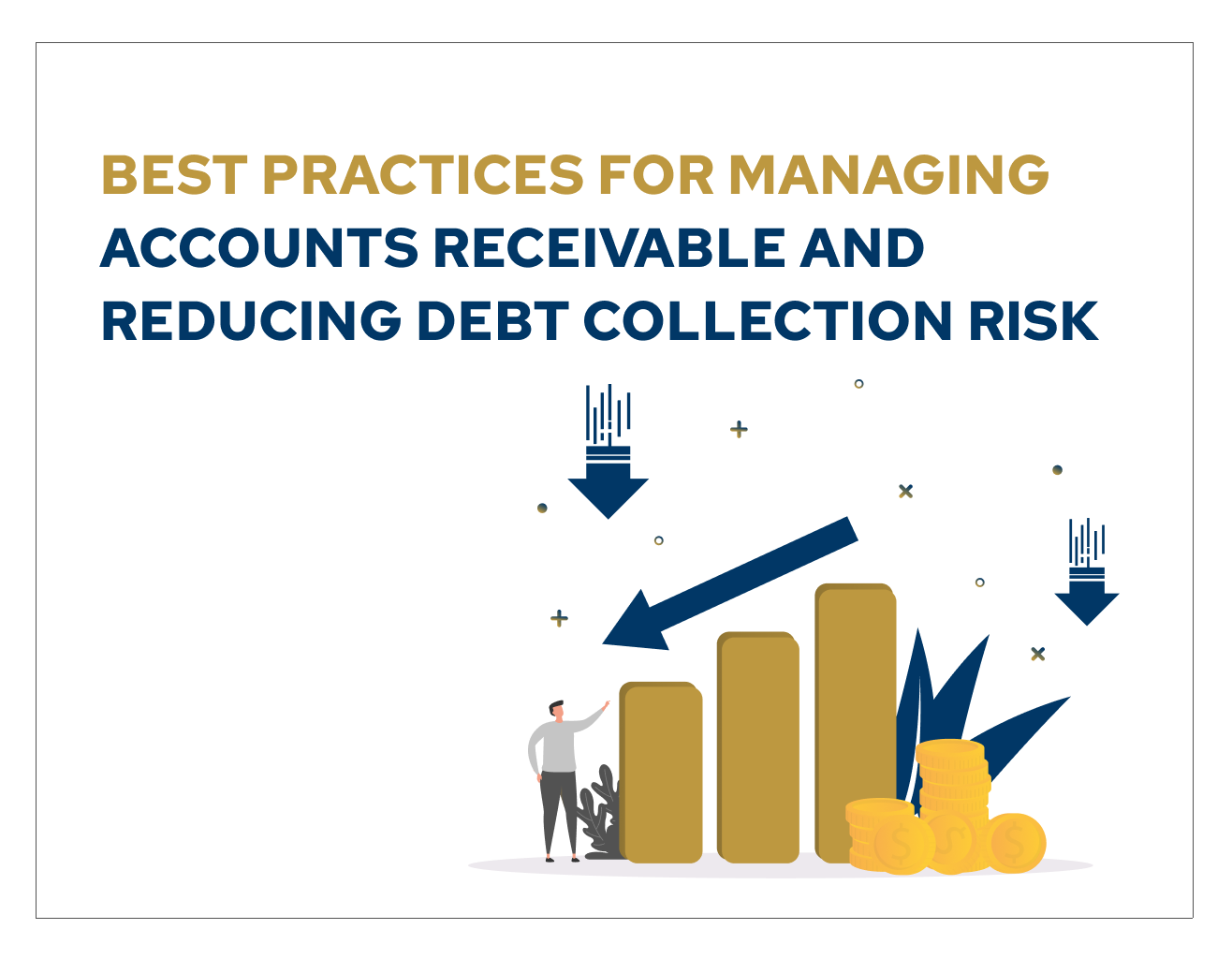As a business owner, managing accounts receivable is essential for maintaining cash flow and overall financial stability. However, managing accounts receivable comes with the inherent risk of debt collection. To reduce this risk and ensure successful debt recovery, it's important to follow best practices. In this article, we will explore some of the best practices for managing accounts receivable and reducing debt collection risk.
Establishing Credit Policies
The first step in managing accounts receivable is to establish credit policies that clearly outline payment terms and expectations for customers. This includes setting credit limits, outlining payment terms, and providing clear consequences for late or missed payments. By establishing these policies, businesses can reduce the risk of delinquent accounts and improve the chances of successful debt recovery.
Regularly Reviewing Accounts Receivable
Regularly reviewing accounts receivable is essential for identifying potential delinquent accounts and taking action to recover debts. This includes tracking payment history, monitoring aging reports, and proactively reaching out to customers with outstanding debts. By staying on top of accounts receivable, businesses can reduce the risk of bad debt and improve cash flow.
Utilizing Technology
Technology can be an effective tool for managing accounts receivable and reducing debt collection risk. This includes utilizing software for invoicing and payment processing, as well as implementing automated reminders and follow-ups for customers with outstanding debts. Additionally, using a debt collection agency that leverages technology for debt recovery can improve the success rate of debt collection efforts.
Clear and Consistent Communication
Effective communication is crucial for managing accounts receivable and reducing debt collection risk. This includes communicating clearly and consistently with customers about payment expectations and deadlines. Additionally, maintaining open lines of communication with customers can help to identify potential issues early and resolve them before they become delinquent accounts.
Working with a B2B Debt Collection Agency
Working with a B2B debt collection agency is an effective way to reduce debt collection risk and improve the success rate of debt recovery efforts. These agencies have the expertise and resources needed to navigate complex debt collection laws and regulations, as well as the tools and techniques needed to recover debts effectively.
Conclusion
Managing accounts receivable is essential for maintaining cash flow and financial stability. By following best practices such as establishing credit policies, regularly reviewing accounts receivable, utilizing technology, maintaining clear communication, and working with a B2B debt collection agency, businesses can reduce debt collection risk and improve their chances of successful debt recovery.

